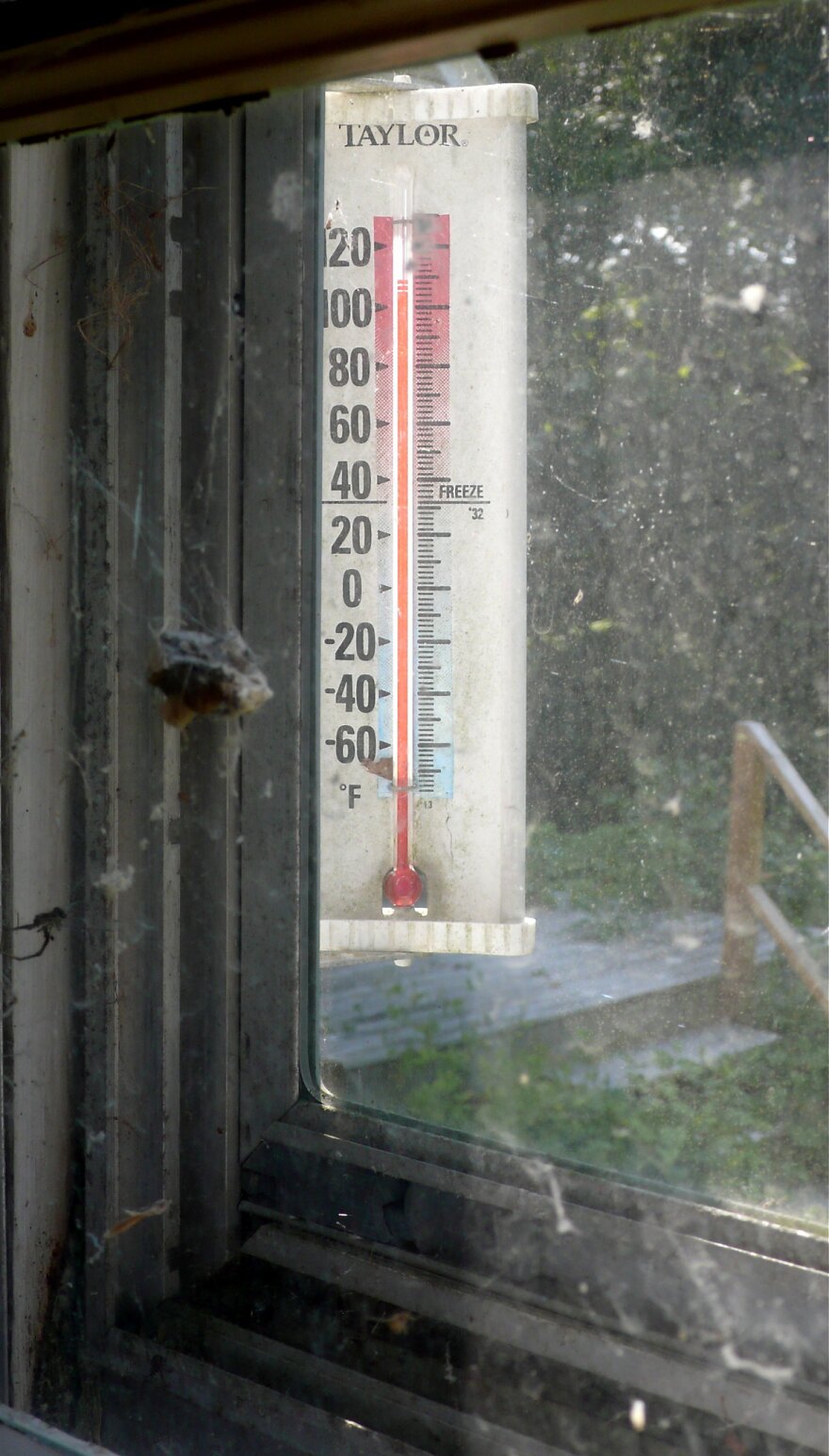After a pretty mild start to the summer, high temperatures in the 90s have returned to eastern North Carolina and are forecast for at least the next week; heat indexes are expected to be 100-110° this weekend through the 4th of July.
Working or playing in heat like that can be dangerous. Dr. Steven Maher, an emergency medicine specialist at Mayo Clinic, said the number one thing for people to remember is to drink plenty of water.
"I can't stress enough hydration; they should continually be hydrating,” he said, “And, you know, they should drink lots of water, plenty of it. And once they get into the second or third bottle of water, they can start adding in something like an electrolyte drink just to like the second or third bottle of water, they can start adding in something like an electrolyte drink just to kind of keep the electrolytes up as well because you lose salts and water."
Maher said heat illness starts with heat exhaustion and feeling nauseous, tired, dried out and thirsty and it can advance to heat stroke.
"When you get into heat stroke, your core body temperature rises, oftentimes over 40 degrees centigrade, and you get confusion and multiorgan dysfunction, and that's a very bad place to be,” he said, “We don't want people to get to that extreme.”
If you notice someone struggling, Dr. Maher says you want to remove the outer layers of clothing and, if possible, put ice packs in the person's armpits or the groin. You can also spray them with tepid water. Prompt medical attention is important.



